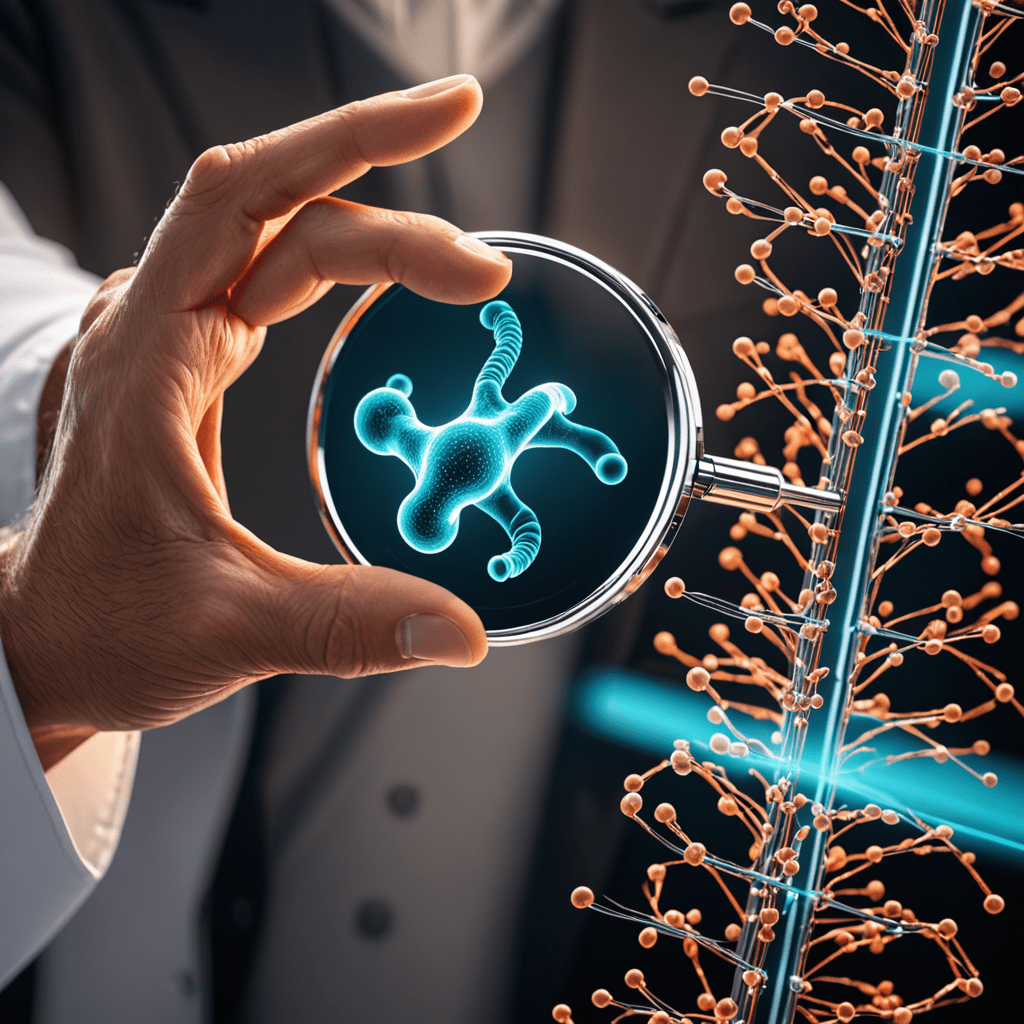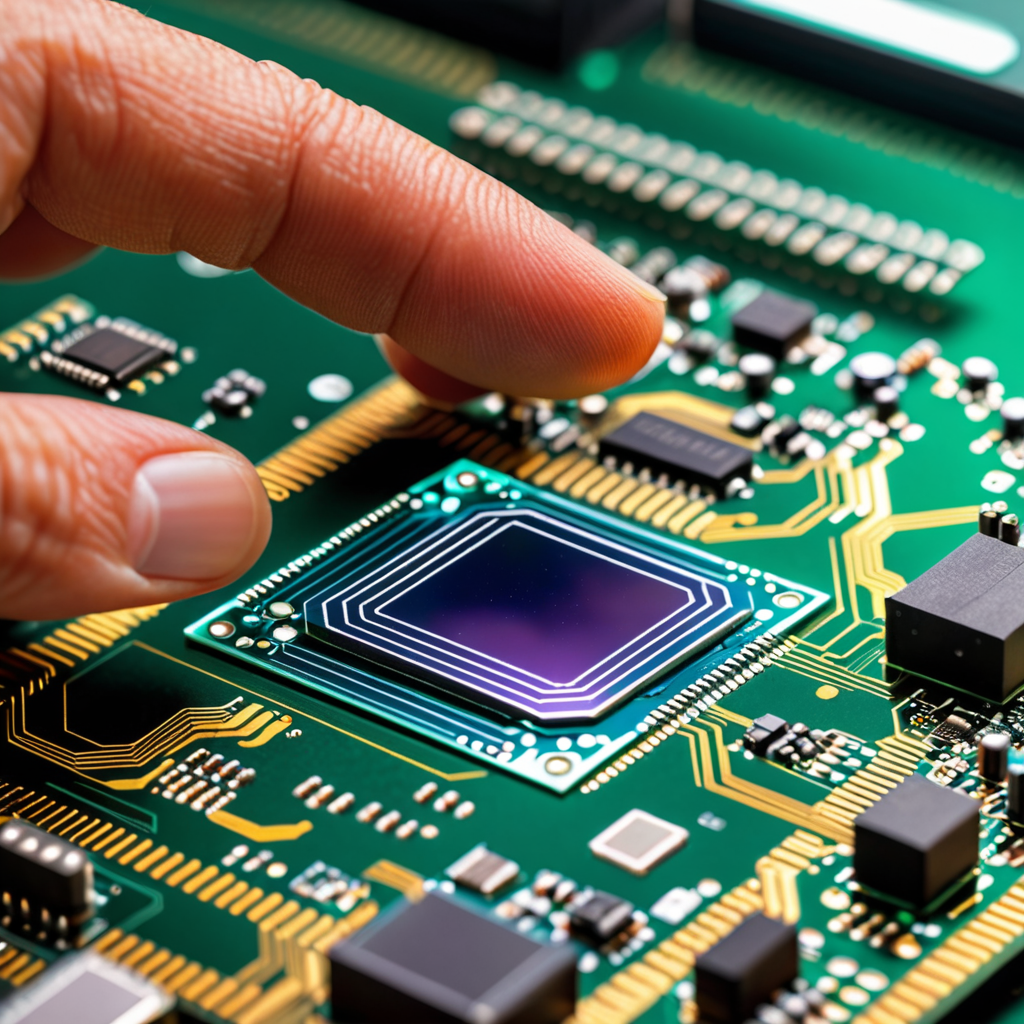
Nanotechnology in Precision Medicine: Personalized Healthcare with Nanotech
The Intersection of Nanotechnology and Precision Medicine
Nanotechnology has revolutionized the field of healthcare by offering innovative solutions at the molecular level. Precision medicine, on the other hand, focuses on tailoring treatments to individual patients. The amalgamation of these two fields has paved the way for personalized healthcare using nanotechnology.
How Nanotech Enhances Medical Diagnostics
Nanotechnology has enabled the development of advanced diagnostic tools capable of detecting diseases at early stages. Nanoparticles, nanosensors, and nano-imaging techniques play a crucial role in enhancing the accuracy and sensitivity of medical diagnostics.
Targeted Drug Delivery with Nanoparticles
One of the key applications of nanotechnology in precision medicine is targeted drug delivery. Nanoparticles can be engineered to deliver drugs directly to specific cells or tissues, minimizing side effects and improving treatment efficacy.
Therapeutic Nanoparticles for Cancer Treatment
In the realm of oncology, nanotechnology offers great promise. Therapeutic nanoparticles can be designed to target cancer cells specifically, delivering chemotherapy drugs or other treatments with precision. This targeted approach helps in reducing systemic toxicity and increasing treatment effectiveness.
Nanotechnology in Regenerative Medicine
Nanotech plays a vital role in regenerative medicine by creating scaffolds at the nanoscale to support tissue regeneration. Nanomaterials mimic the extracellular matrix and promote cell growth, offering new avenues for tissue engineering and regenerative therapies.
The Role of Nanomedicine in Personalized Treatment Plans
Nanomedicine allows healthcare providers to tailor treatment plans according to the individual genetic makeup and specific needs of patients. By customizing therapies at the molecular level, nanotechnology contributes to precision medicine by optimizing outcomes and minimizing adverse effects.
Future Prospects and Implications of Nanotechnology in Precision Medicine
The integration of nanotechnology in precision medicine holds immense potential for revolutionizing healthcare. As researchers delve deeper into the possibilities of nanomedicine, we can expect to see further advancements in personalized treatment strategies, improved patient outcomes, and enhanced quality of life.


